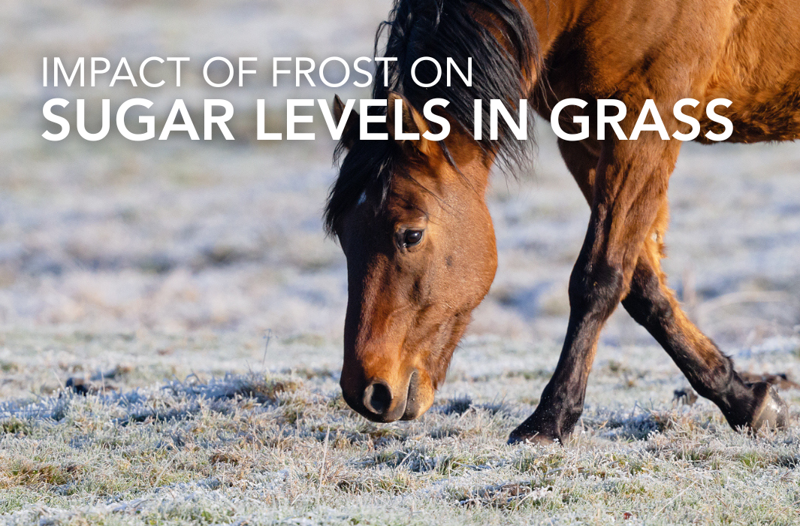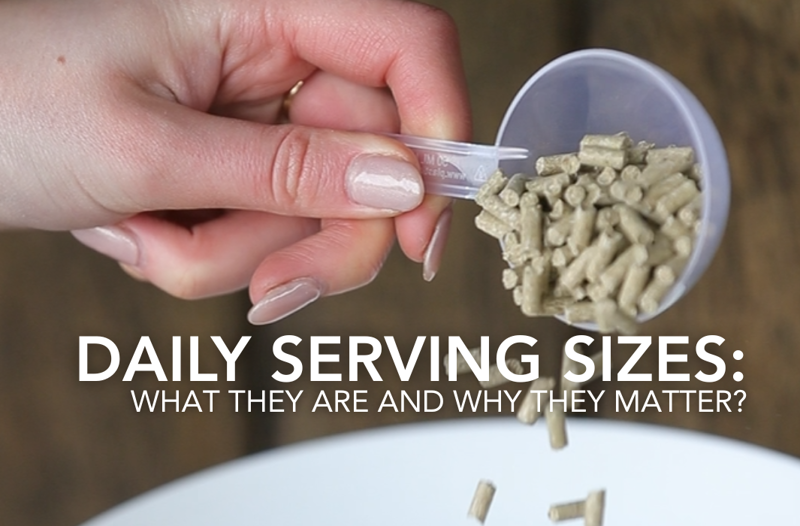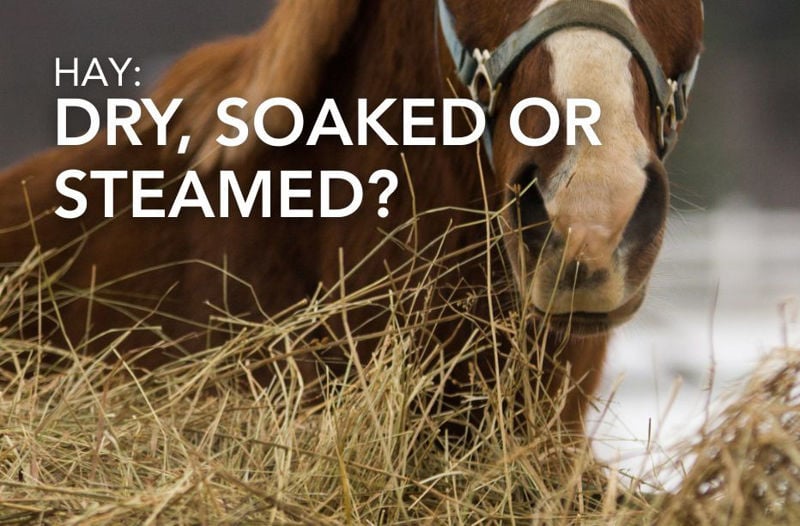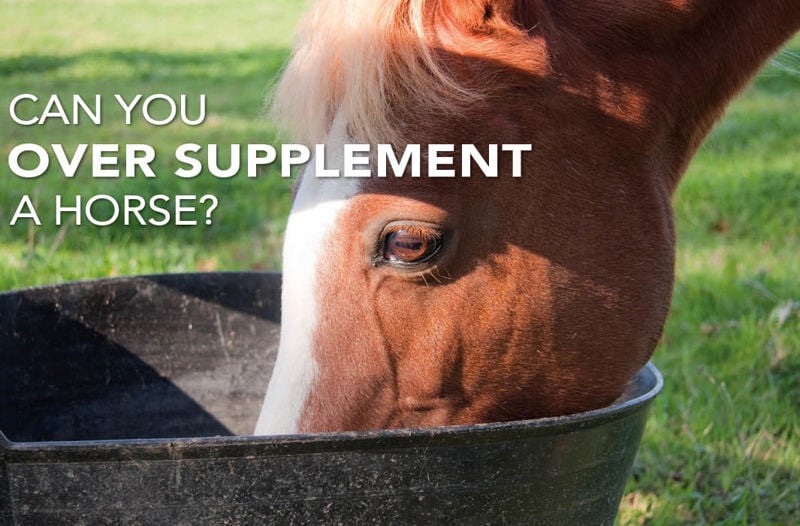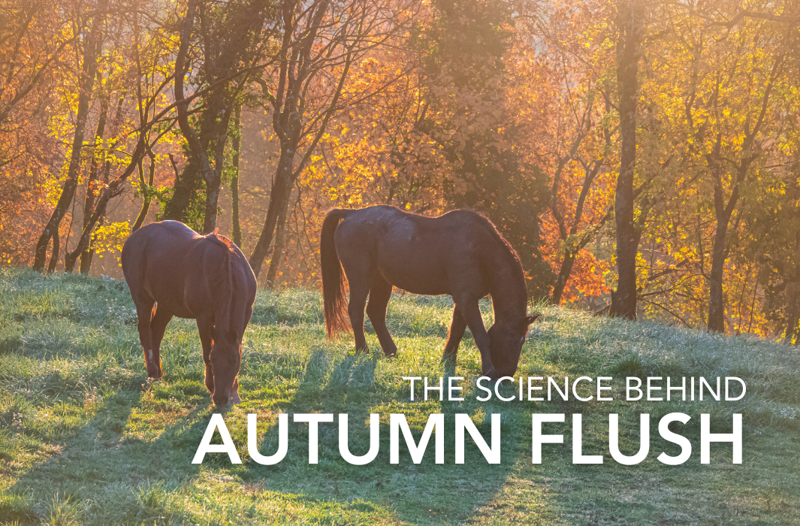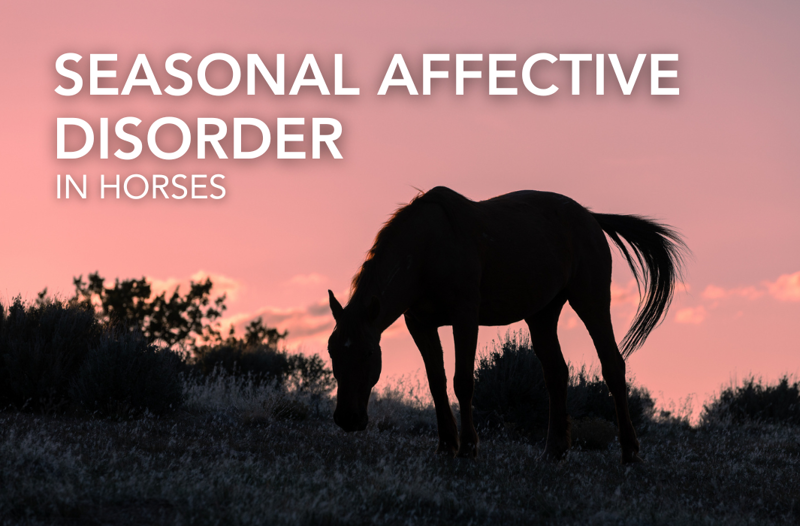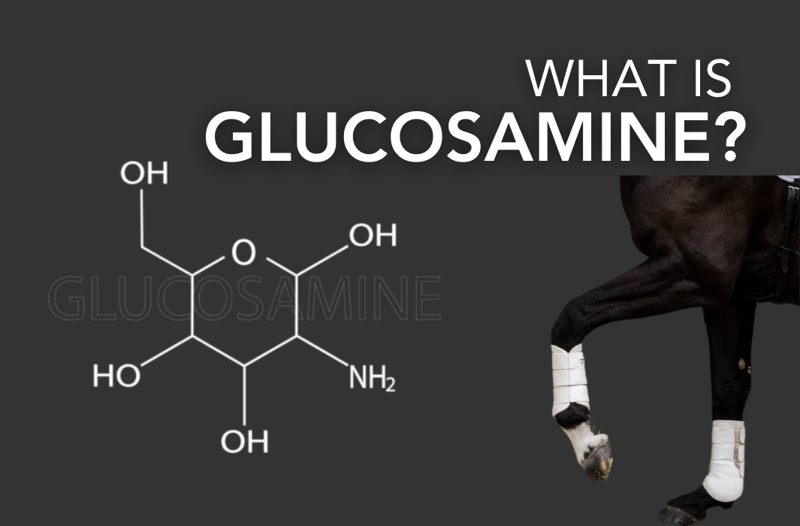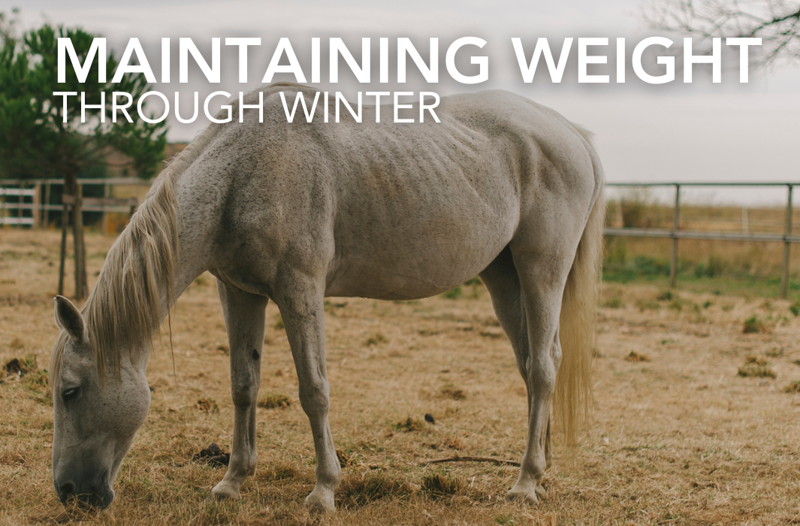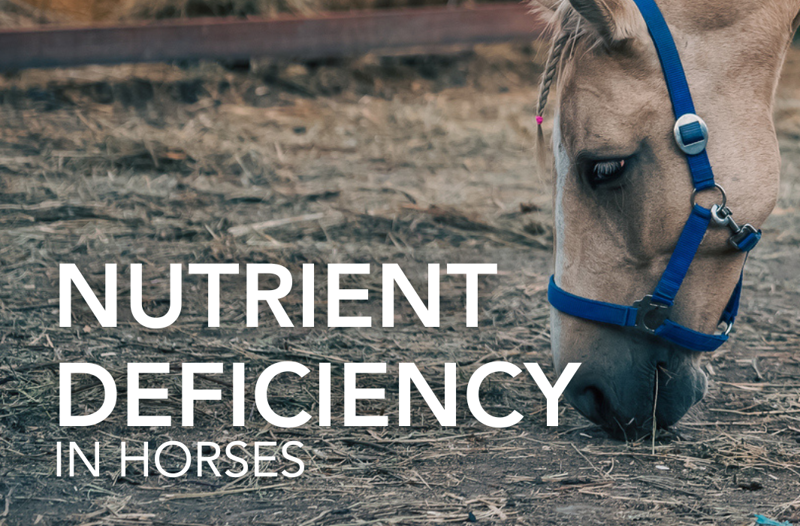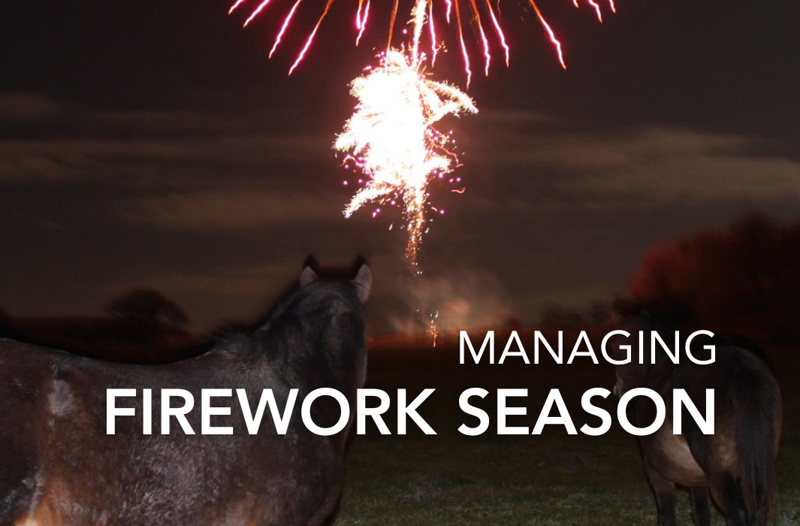If you change your horses' feeding routine in winter, do you start feeding concentrates or do you increase their fibre with a vitamin and mineral balancer? We break down how to feed your horses in winter - the simple way.
Filters
Blog Options
Blog archive
- 2025
- 2024
- 2023
- 2022
- 2021
- 2020
- 2019
- 2018
- 2017
- 2016
- 2015
Close
45 YEARS AT THE CENTRE OF EQUINE NUTRITION™

- Bespoke All-in-One™
-
Products
- Back
- Horse Joint Supplements
- Horse Digestion Supplements
- Horse Muscle Supplements
- Horse Vitamins & Minerals
- Horse Calming Supplements
-
Horse Respiratory Supplements
- Back
- Clarity®
- Horse Hoof Supplements
- Horse Skin & Coat Supplements
- Horse Health Supplements
- Supplements for Older Horses
- Horse Breeding Supplements
-
Horse Hormone Supplements
- Back
- Hormonease™
- Horse Treats
-
Herbs for Horses
- Back
- Boswellia
- Burdock Root
- Celery Seed
- Chamomile
- Chastetree Berry
- Cider Apple Vinegar
- Cinnamon
- Clivers
- Comfrey
- Dandelion Roots & Leaves
- Devil's Claw
- Echinacea
- Fenugreek Seeds
- Fussy Feeder
- Garlic Powder
- Hawthorn
- Hedge Herbs
- Liquorice
- Marigold Flowers
- Marshmallow Root
- Meadowsweet
- Milk Thistle Seeds
- Mint
- Nettle
- Rosehips
- Seaweed
- Slippery Elm
- Spirulina
- Turmeric
- Yucca
- Canine
- Gift Cards / Rewards
- ABOUT US
- Contact Us
- Knowledge base
Menu
-
Products
- Back
- Horse Joint Supplements
- Horse Digestion Supplements
- Horse Muscle Supplements
- Horse Vitamins & Minerals
- Horse Calming Supplements
-
Horse Respiratory Supplements
- Back
- Clarity®
- Horse Hoof Supplements
- Horse Skin & Coat Supplements
- Horse Health Supplements
- Supplements for Older Horses
- Horse Breeding Supplements
-
Horse Hormone Supplements
- Back
- Hormonease™
- Horse Treats
-
Herbs for Horses
- Back
- Boswellia
- Burdock Root
- Celery Seed
- Chamomile
- Chastetree Berry
- Cider Apple Vinegar
- Cinnamon
- Clivers
- Comfrey
- Dandelion Roots & Leaves
- Devil's Claw
- Echinacea
- Fenugreek Seeds
- Fussy Feeder
- Garlic Powder
- Hawthorn
- Hedge Herbs
- Liquorice
- Marigold Flowers
- Marshmallow Root
- Meadowsweet
- Milk Thistle Seeds
- Mint
- Nettle
- Rosehips
- Seaweed
- Slippery Elm
- Spirulina
- Turmeric
- Yucca
- Canine
- Gift Cards / Rewards
- ABOUT US
- Contact Us
- Knowledge base
Dr. Stephanie Hyland BSc (Hons)
 Call Stephanie Hyland MSc RNutr. or
Call Stephanie Hyland MSc RNutr. or
Sophie Pelham Burn MMedSci ANutr.
on 0800 585525 for
free qualified equine nutrition advice
 Call Stephanie Hyland MSc RNutr. or
Call Stephanie Hyland MSc RNutr. or
Sophie Pelham Burn MMedSci ANutr.
on 0800 585525 for
free qualified equine nutrition advice
Blog
Do you know which oils are best for your horse? Our Nutritionist looks into oil, when you should feed it and why it may be beneficial to add it to your horse's diet.
Do you worry about the frosted grass in winter? If your horse suffers from EMS, Laminitis or is generally susceptible to changes in the grass, have a read of this week's article.
Understanding what you are feeding your horse and why it varies is different on every brand and every product, can be very complicated. Daily Serving Sizes are one of the most important factors in determining which supplement or feed to choose, so developing your understanding is key to finding what is best for you and your horse.
Does your horse have respiratory or metabolic issues? Do you know your horse's forage needs to be managed, but you don't know where to start? Soaking or Steaming your hay can both be effective ways to help your horses' forage-based issues, so in this week's article, we outlined the advantages and disadvantages of each method to help you decide.
A look at how much is too much, both when it comes to the volume of supplement that you are feeding and the number of supplements in your routine.
The science behind the Autumn Flush is so important to be able to understand what is happening in your horse's body at this time of year. Understand NSCs, where they come from and how to manage your horse during this time, which can be difficult for laminitics and horses with metabolic issues.
SAD or Seasonal Affective Disorder has been a big topic of conversation as we head into the shorter nights. Does your horse have a low mood or a lack of energy going into winter? This might be worth a read...
An Overview on one of the biggest ingredients in equine joint supplementation - Glucosamine.
We know all too well how some owners struggle to keep weight on their horses in winter. Some helpful tips and tricks to ensure your horses stays healthy this winter!
This week, we look at nutrient deficiencies, how they are prevented and whether your horse is likely to be at risk. Discover more and find out how to ensure your horse is receiving adequate nutrition for optimal health.
Fireworks season can be stressful for all animal owners, getting ahead and being prepared can help ease the stress of this time. Here is some things to think about when planning your routine.
Copyright © 2025 Feedmark Ltd. All rights reserved.
Feedmark, Harleston, IP20 0NY


